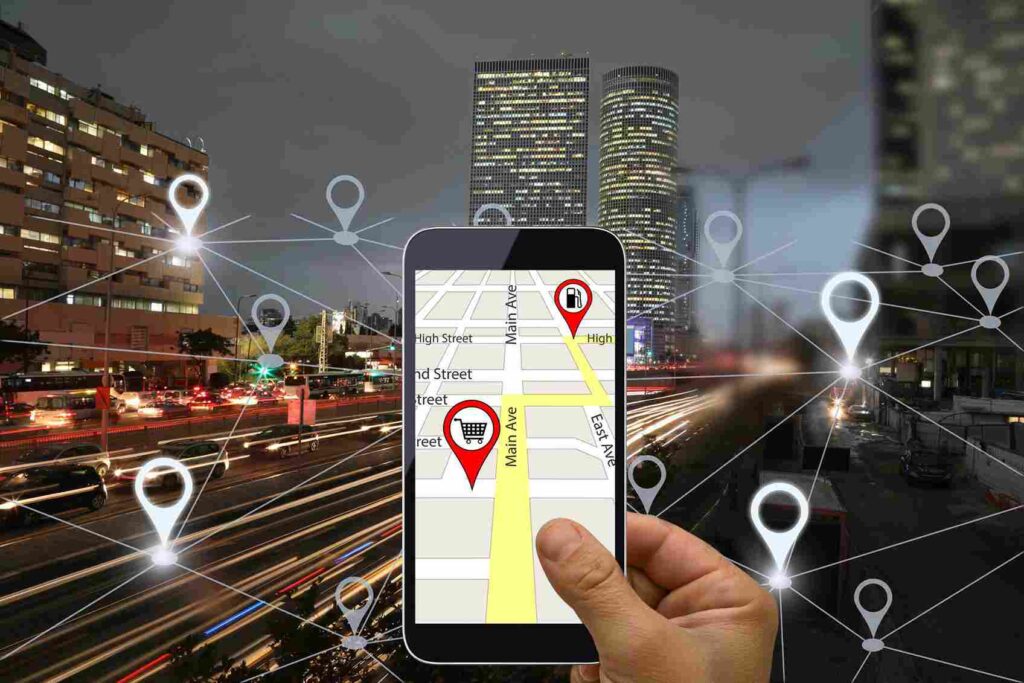Effective route planning is becoming an increasingly critical component of transportation operations management. With fuel prices fluctuating wildly and environmental sustainability growing as a public priority, both private and commercial fleets are exploring new technologies to maximise efficiency. One of the most impactful solutions is GPS-based route optimisation, which can generate substantial cost savings while also lowering an organisation’s carbon footprint.
How Route Optimisation Software Works
Route optimisation systems such as a GPS tracker for car leverage complex algorythms that interface with real-time GPS tracking data from vehicles. As drivers make deliveries and travel between stops, the GPS tracking for vehicle software gathers massive amounts of telematics data on actual travel times. Over an initial data aggregation phase, the algorithms of a vehicle tracker “learn” the most efficient paths between hundreds or thousands of locations.
The software then builds this intelligence into customisable routing plans for each vehicle in a fleet. It provides turn-by-turn driving directions optimised for the lowest fuel consumption and shortest distances. The system dynamically updates planned routes to account for live traffic information, new customer locations, vehicle capacities, and other variables.
Delivering Cost and Sustainability Benefits
Intelligent route optimisation systems can result in remarkable savings through:
- Reduced mileage – optimising delivery sequences and avoiding unnecessary detours cumulatively eliminates large numbers of excess miles over a fleet.
- Increased fuel efficiency – providing drivers with fuel-efficient route guidance encourages better driving habits.
- Lower fuel expenditures – with less vehicle mileage, organisations purchase fewer gallons of petrol and diesel. At times of high fuel prices, these stability benefits become more pronounced.
- Reduced vehicle wear-and-tear – fewer miles driven increases the usable lifespan of fleet vehicles, lowering maintenance and capital expenditure costs.
- Lower carbon emissions – with reduced fuel burn, fleets achieve substantial decreases in carbon and other greenhouse gas emissions. This supports environmental sustainability goals.
Emerging Data Integration Opportunities
As route optimisation matures, providers are exploring approaches to integrate additional data sources, such as weather and traffic forecasts. By layering on predictive data, the systems can become capable of providing dynamic recommendations and alerts to drivers and dispatchers. If a major traffic jam or storm is expected along planned routes, fleets can achieve further savings by proactively modifying schedules. Data integration also presents opportunities to optimise based on more parameters like vehicle weight, real-time fuel economy, and emissions data.
A Viable Solution for All Fleet Sizes
Historically, advanced route optimisation was only viable for huge transportation companies. But with GPS tracker technology, cloud computing, and software-as-a-service delivery models, it now aligns with businesses of all sizes, including:
- Large enterprises – leading parcel carriers, retailers, and distributors are seeing multi-million pound savings from optimisation.
- Mid-size fleets – many regional delivery services and industrial operators are using these technologies.
- Small businesses – sole traders, couriers, and even individual drivers leverage consumer route planning apps.
With pressure mounting on transportation players to control cost and lessen environmental footprints, GPS-based route optimisation presents a timely opportunity. The technologies and techniques explored here provide realistic mechanisms for enhancing fiscal and operational efficiency across diverse industries.

